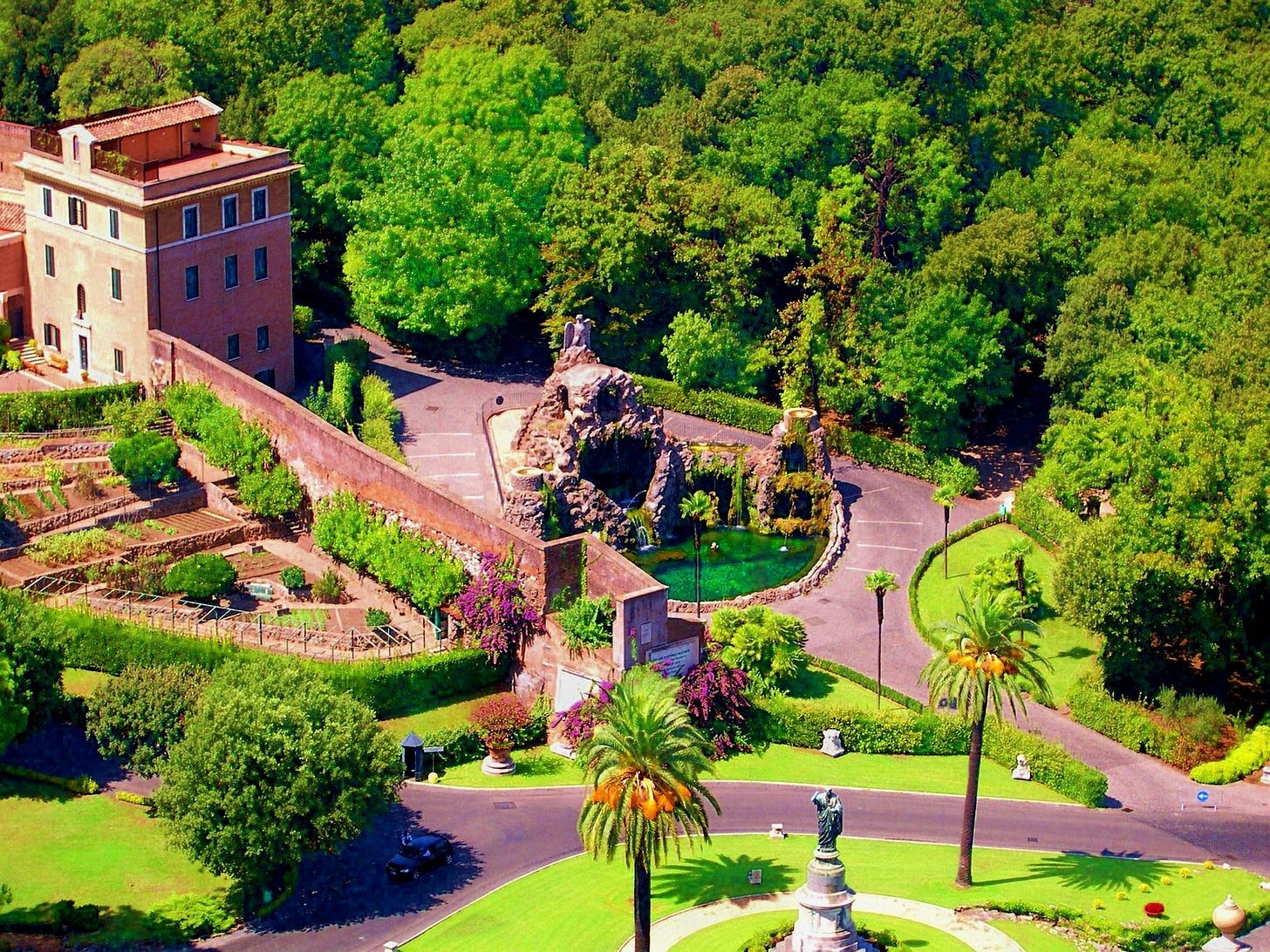Benedict, Francis, and the future of papal retirements
What Benedict XVI's life after resignation might have taught Pope Francis, and popes to come.

For as long as Pope Francis has occupied the Chair of Peter, Vatican-watchers have asked whether the pontiff will eventually follow his predecessor’s lead, and resign the papacy, as did Benedict XVI.
Francis has always left open the possibility of his resignation, and at times suggested even that it would eventually come. Conventional wisdom has tended t…
